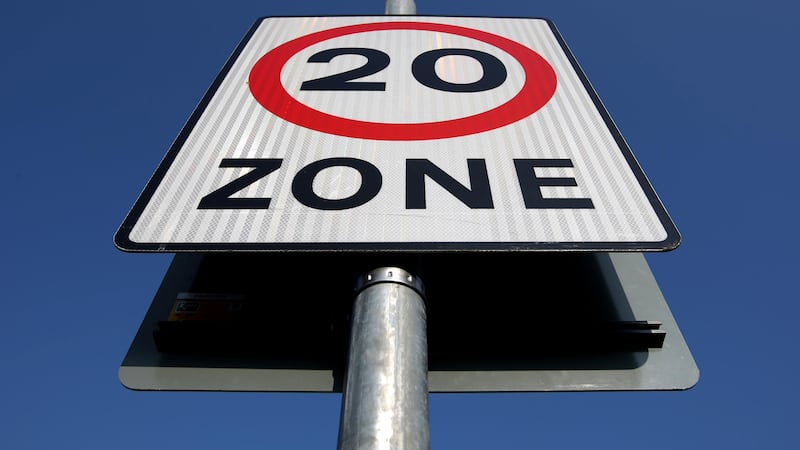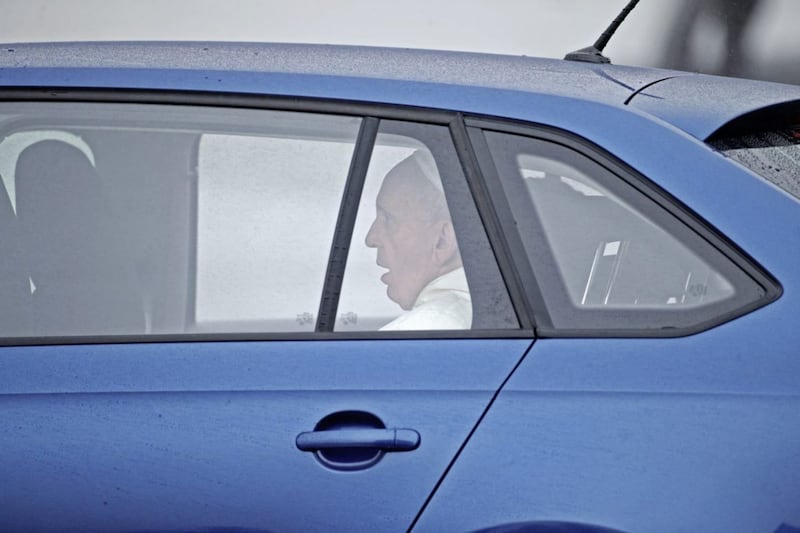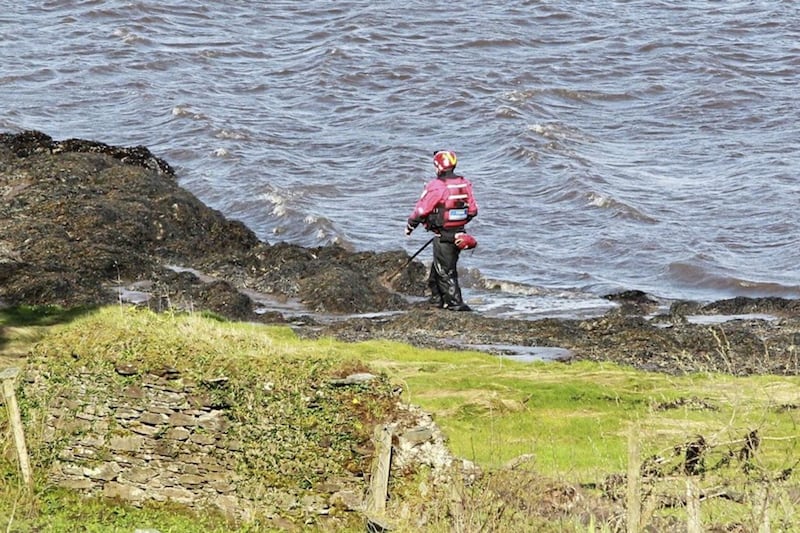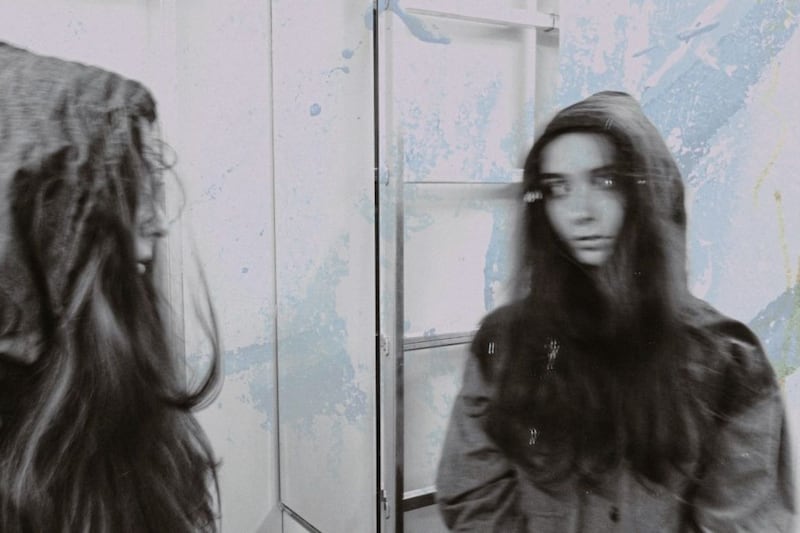LAST Thursday night I attended a meeting about the drugs crisis in Derry. As a reporter, I found it fascinating to sit through. As a mother, it was absolutely terrifying.
There was a whole host of speakers. One was a man called Brendan Magee who stood up and told those gathered that he was a former heroin addict in Dublin. He said he started off using drugs casually as a teenager to escape the stresses of a tough family life. By his 20s he was addicted to heroin, breaking into people’s homes and robbing old ladies to get a fix.
In a harrowing speech Stephen Wells, a representative from Foyle Search and Rescue, spoke of the people that organisation helps; he said drink and drugs can play a major factor in what takes them to the river's edge. The youngest person they have dealt with was 14.
I spoke with Dublin social activist Fr Peter McVerry afterwards. He said it was the responsibility of every parent, every school teacher, every community worker and every carer to speak to children in their care about drugs, to educate ourselves and to keep the lines of communication open always.
Research has consistently shown that kids who know the facts, who hear the truth from their parents about the dangers of drink and drugs – not in a preachy, scaremongering way, but a factual one – are less likely to use them.
Being a journalist, I cover many stories that involve drugs. I might be writing about a young person who has died because of taking drugs, or has ended up in intensive care or before the courts due to drug use and subsequent criminal behaviour. I always tell my teenage children about it when I come home, because that makes it real to them and hopefully will deter them from dabbling themselves.
Teenagers live in the here and now and care little about future repercussions. They are obsessed with their looks. The fact that drugs will impact on their looks, or make them appear unhealthy, has a bigger impact than any scaremongering story.
With my younger children, I impress upon them the importance of keeping healthy and of the dangers of substances in their environs. I let them know my own opinions on drink and drugs and how when they are older they need to look after themselves.
Drugs, drink and substance abuse are not things we are afraid to talk about in our house. I’ve no doubt that my teenagers know more about drugs than I do, but they are not afraid to speak to me about them and I will always keep those lines of communication open.
It’s terrifying to think that our children could be exposed to substances that have the potential to kill them when they are out of our line of sight, but it is a reality of modern life. Putting your head in the sand and ignoring the issue will not make it go away.
Preparing your kids for life outside your home – the good, the bad and the ugly – is the best option. Wishing bad things away, ignoring them or imaging that they will never come to your door is futile. Drugs are out there on our streets, sometimes cheaper to buy than a packet of cigarettes.
Today’s parents need to arm their kids well with the tools and knowledge to deal with life’s challenges, help build their self confidence so that they can say no to their peers with ease and keep the lines of communication constantly open.








